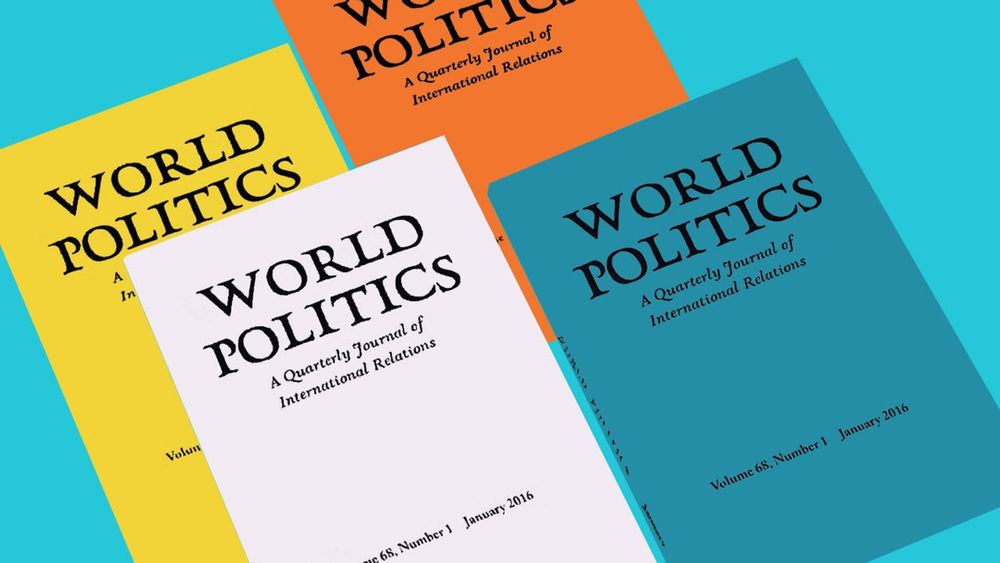World Politics
@worldpolitics.bsky.social
640 followers
1 following
68 posts
World Politics is an internationally recognized journal that is devoted to advancing the scholarly discipline of political science through the publication of novel theoretical and empirical contributions in comparative politics and international relations.
Posts
Media
Videos
Starter Packs
Reposted by World Politics
World Politics
@worldpolitics.bsky.social
· Aug 27
World Politics
@worldpolitics.bsky.social
· Aug 27
World Politics
@worldpolitics.bsky.social
· Aug 27
World Politics
@worldpolitics.bsky.social
· Aug 21

The (Discrimination) Paradox*
In the April 2025 (Volume 77, Number 2) issue of World Politics, Margarita Gelepithis, an associate professor at the University of Cambridge in the Department of Politics and International Studies, an...
wpj.princeton.edu











